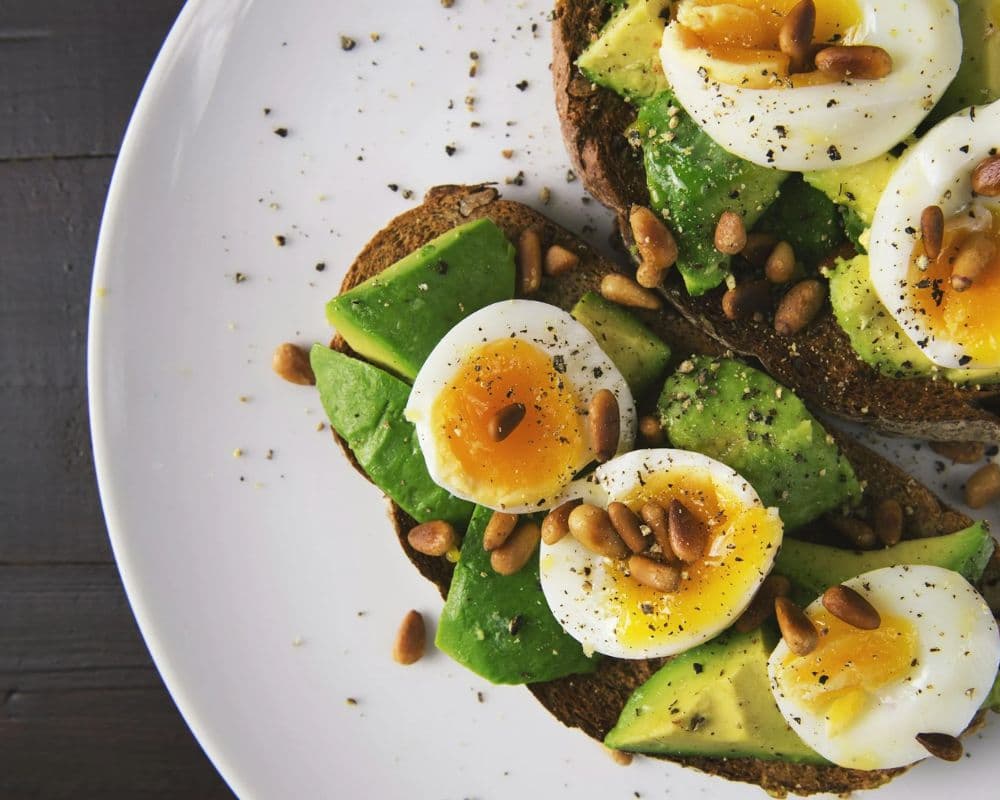Eating well on GLP-1s is not about dieting harder or following strict rules. It’s about learning how to nourish your body with smaller, balanced meals that feel comfortable and satisfying.
This Medicspot guide explains how appetite, digestion, and nutrition needs change on GLP-1 receptor agonists like Mounjaro and Wegovy. Our Nutritionist and Health Coaches provides practical advice on what to eat, how to structure meals, and when to seek support. It also links to more detailed weight management guides on subjects like protein, fibre, hydration and other key topics to support you on your weight loss journey.
